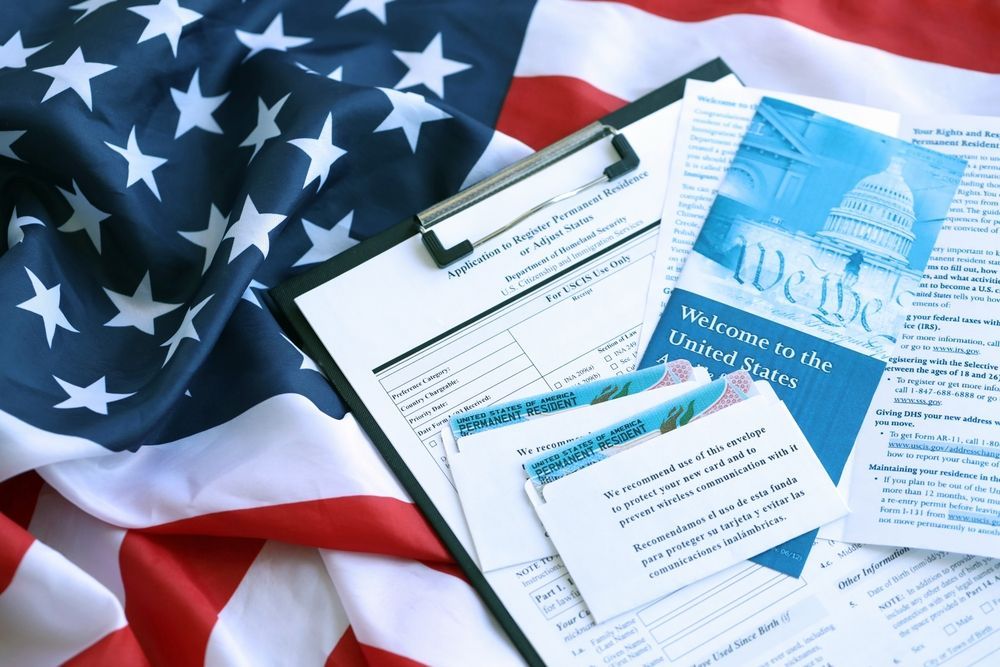Do I Have to be an LPR Before Becoming a U.S. Citizen?
Because we practice exclusively in immigration and nationality law at The Burnett Law Offices , we get a lot of questions about becoming a U.S. citizen. One of the most common questions our clients ask is about LPR, or Lawful Permanent Residency.
So, do you have to be a Lawful Permanent Resident (LPR) before legally becoming a U.S. Citizen?
The short answer is that yes, you do need to be an LPR before becoming eligible for U.S. citizenship. Remember, in order to become a Lawful Permanent Resident in the first place, you must do so legally and without fraud. An LPR card (also known as a “green card”) can be provided to you for several different reasons:
- Family Based: You may be green card-eligible if an immediate family member (parents, spouse, children) who is also a U.S. citizen sponsors your LPR status.
- Job Related: If your job sponsors you, you invest in specific projects, or have a specific professional skill, you may be eligible for an LPR card .
- Refugee/Asylum: Foreign nationals living in the U.S. under refugee status may be eligible to apply for LPR after one year.
- Lottery : Tens of thousands of immigrants are granted LPR status each year through a lottery program designed to sponsor diversity in the U.S.
Once you are officially granted LPR status, you must wait a minimum of three years (or, most likely, 5+ years) to apply for U.S. citizenship. There are very few reasons an LPR cardholder would be granted citizenship eligibility after only three years, one of which is spousal abuse.
For most Lawful Permanent Residents, five years is the magic number. After five years of residency in the U.S. (which can include time spent under a “conditional” LPR status, such as the two years after marriage to a citizen, as long as status is converted to “permanent” after those two years). There are a number of other conditions involved like time spent in the U.S., continuous residency, and state residency, too.
There are two important exceptions to the LPR requirement. The government does not require non-citizen nationals of the United States to be certified Lawful Permanent Residents before applying for citizenship. This includes people born in American Samoa or on Swains Island. Additionally, certain members of the U.S. Armed Forces are also exempt from the LPR requirement.
The path to citizenship can be complicated. Do you have questions about Lawful Permanent Residency? Contact your Louisiana citizenship attorney today to find out how The Burnett Law Offices can help you.






